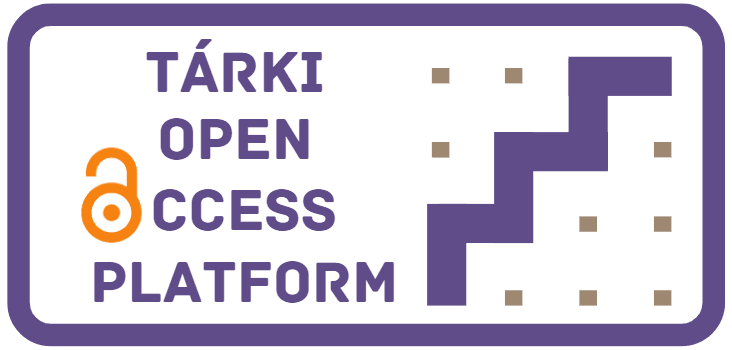Oroszország a magyarországi közvéleményben
letöltésKrekó Péter
Oroszország a magyarországi közvéleményben
Issues of foreign policy are traditionally treated as marginal in Hungarian political discourses. A good indicator of how little interest foreign policy is-sues generate is the low rate of familiarity with the names of European leaders, even in comparison to other countries in the region (see for example: Globsec, 2018). But Russia is clearly an exception to this rule. The strengthening Russian–Hungarian relationship – in line with the ‘opening up to the East’ policy of the post-2010 Orbán cabinets – has deeply divided Hungarian politics and Hungarian public opinion. Russia’s higher profile in the Hungarian mind is partly a consequence of the crisis in Crimea and Russian aggression toward Ukraine. Still, interestingly, since the annexation of Crimea – and despite the unfavourable historical experiences of Hungarians with Russia – there has been a decline in Hungarians’ threat perception towards Russia. While it is a commonplace that public opinion is primarily shaped by historical experience, this chapter will argue - based on the experiences from Hungary, where government has a dominant role in the public space – that political rhetoric can overwrite the impact of historical experiences. 1 The reason is that foreign policy is very distant from the day-to-day experiences of ordinary people, and this fact offers great scope for shaping public opinion. Of course, it is not so everywhere: there are countries where the scope for reshaping public opinion is more limited, when it comes to Russia, what happened in Hungary could not occur in Poland, for example, partly because of the historical experience of the Poles towards Russia, but more importantly, due to the higher level of political pluralism and lower level of media centralization in the country. Namely: a political force that was highly critical of Russia comes to power and promptly does a U-turn, outdoing the pro-Russian stance of the previous Gyurcsány-cabinets (2005-2010), which it had previously criticized for its sympathy to-wards Russia. The relationship with Russia, especially after the annexation of Crimea in 2014, has become a politically divisive issue not only in Hungary, but all over the Western world. In the European Parliament, it is predominantly the populist, radical right-wing and left-wing parties that support Putin’s Russia in their voting, their rhetoric and their diplomatic gestures; meanwhile the mainstream centre-right, liberal, social democratic and green parties are much more restrained (Krekó et al., 2015; Krekó and Győri, 2016; Shekhovtsov, 2017). And that affects public opinion: those who vote for populist right-wing parties in Western Europe are much more supportive of Vladimir Putin and Russia generally (Taylor, 2017; Letterman, 2018). In the US, meanwhile, public opinion has undergone a truly dramatic change – presumably not unrelated to the (mostly rhetorical) friendly gestures of President Trump to-ward Russia and Vladimir Putin, and to the fact that Russia interfered in the 2016 US presidential elections on Donald Trump’s side, and against Hillary Clinton. The traditionally hawkish Republican electorate now regards Russia as much less of a threat; meanwhile the Democrats – generally the doves in this respect –r keeps a bigger distance from Russia now (Bialik, 2018). Thus, on this question, the two electorates practically swapped places.
